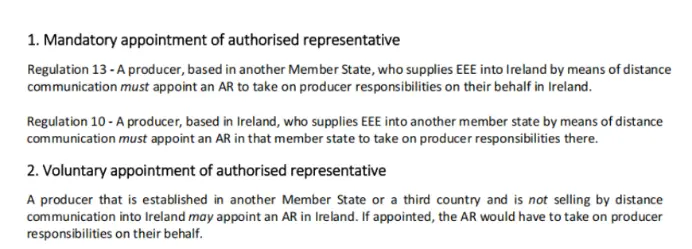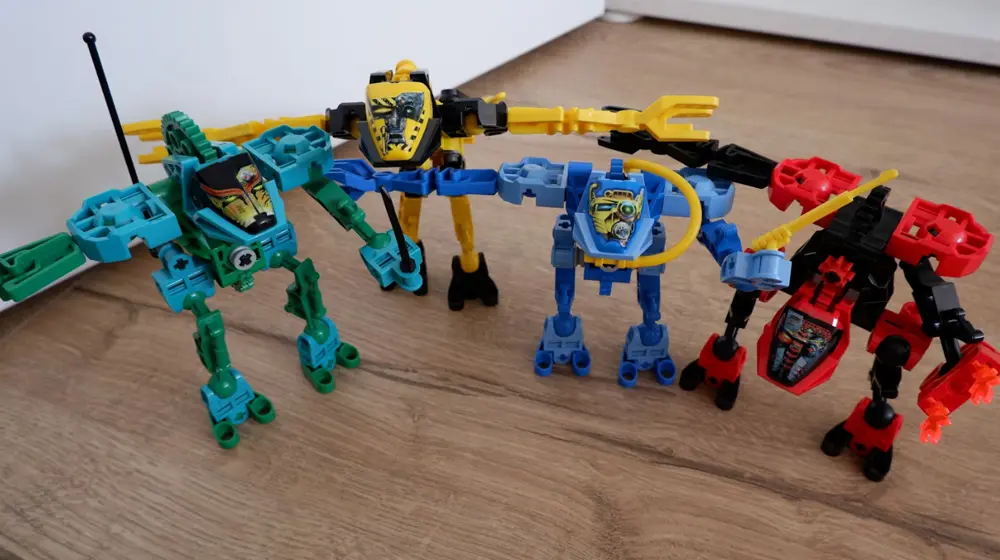
EN 17191 Child Seat Compliance Certification Testing
In May 2021, the European child seat testing standard EN 17191:2021was approved and officially published by the European Committee for Standardization (CEN) in JULy 2021.
The EU requiRED all member states to adopt this new standard as their national standard and withdraw the old standard before January 2022.
As of now, EN 17191has fully replaced the old standard FIRA/FRQG C002:2016 + A1:2017.
The requirements of this standard aim to improve the safety of seats intended for children.
It specifies the safety requirements and testing methods for seats designed for children who can walk and sit down on their own.
It applies to seats placed on the floor for both domestic and non-domestic use, including daycare centers, as well as for indoor and outdoor use.
It does not apply to high chairs, reclining cradles, or seats used in childcare products and educational institutions.

Comparison of Old and New Standard Testing Levels
EN 17191– classification based on seat height:
- Size 1: Seat height H ≤ 270 mm → Test Level 1
- Size 2: 270 mm < H ≤ 360 mm → Test Level 1
- Size 3: Seat height H > 360 mm → Test Level 2
FIRA/FRQG C002– classification based on child’s age:
- Age 3–6 years → Test Level 1
- Age 6–12 years → Test Level 2
- Age 3–12 years → Test Level 3
Key Changes in General Safety and Product Information Requirements
Compared to FIRA/FRQG C002, EN 17191introduces the following changes:
1. Added requirements for hazards caused by folding seats
2. Added requirements for hazards caused by recliners
3. Added requirements for choking and ingestion hazards
4. Added requirements for fire hazards
5. Revised requirements for product marking, warning labels, and instructions for use
Key Changes in Strength and Durability Testing Requirements
1. Removed static load test for the front edge of Level 1 seats
2. Removed lateral static load test for armrests
3. Reduced drop height in impact test for Level 1 seats from 140 mmto 100 mm
4. Removed additional seat surface impact test for plastic seats
5. Removed drop test from table height
Main Testing Items of EN 17191
This standard categorizes children’s chairs into three sizes based on seat height, with corresponding test requirements for each size.
The main testing items include:
1. General safety requirements– sharp points and edges, entrapment, folding mechanisms, enclosure requirements, etc.
2. CheMICal requirements
3. Flammability requirements
4. Strength and durability requirements
5. Stability requirements
6. Product information
JJRis a toy testing laboratory recognized by CNAS (International), CMA (China), and CPSC (USA), providing compliance testing services.
Email:hello@jjrlab.com
Write your message here and send it to us
 Irish Battery Act Requires an Authorised Represent
Irish Battery Act Requires an Authorised Represent
 Swedish Battery Act Requires an Authorised Represe
Swedish Battery Act Requires an Authorised Represe
 Amazon TIC Provider
Amazon TIC Provider
 Amazon Battery and Charger Requirements
Amazon Battery and Charger Requirements
 Amazon Japan METI A Domestic Administrator Service
Amazon Japan METI A Domestic Administrator Service
 What is "Amazon Japan PSE: A Domestic Adminis
What is "Amazon Japan PSE: A Domestic Adminis
 What Does "ASTM F963-17 Certified" Mean?
What Does "ASTM F963-17 Certified" Mean?
 ASTM F963 Board Games Compliance Testing
ASTM F963 Board Games Compliance Testing
Leave us a message
24-hour online customer service at any time to respond, so that you worry!




